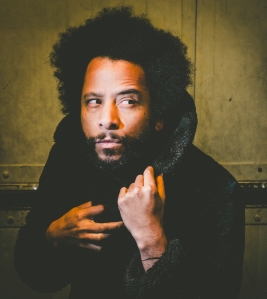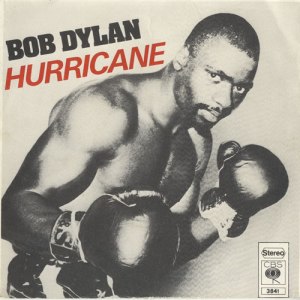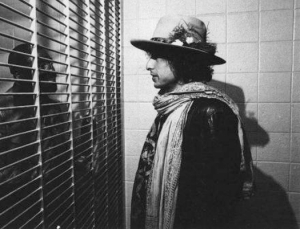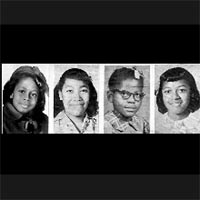“Look, Ma! I made the papers!” This week, I filed stories for my hometown’s two daily newspapers, The San Francisco Chronicle and The San Francisco Examiner. The milestone (or over-achievement) is significant to me because I have wanted to be a hometown reporter since at least since the age of nine and definitely since I was a teenager, editing my high school paper, though I fell into music journalism as a career. I’m pretty sure what my journalism teacher would have to say about making the move to cityside reporting, though he’s no longer here to say it, nor are my university media studies professors who sent me out into the world to work as an independent reporter, while finishing my senior year.

Honoring skateboarder Pablo Ramirez, who died on April 23. Photo by Kevin N. Hume for the Examiner.
I’m thinking of my own youth, age, and the cycle of life because it’s been a season of terrible losses for my communities and in the world; some have hit closer to home than others, but it was the death of 26-year-old skateboarder and musician, Pablo Ramirez, that really opened the floodgates of grieving for me (and in those moments, I tend to write). Following his story to the top of Twin Peaks, I had the privilege of speaking to his mother, Loren Michelle, and learned more about his life. They are the subject of my column, SFLives, this week wherein I also tried to shed some love and light on The City’s beloved skateboard community. I’m so grateful to have had the sense to follow my nose on this story, and for the photos by staff photographer Kevin Hume that accompany it, and especially to the Pablo Ramirez Foundation.
The piece for The Chronicle is about another San Franciscan, Patrick Marks, a longtime Bay Area bookseller, who made the leap to opening his own store, The Green Arcade, at the same time online bookselling began to rise. Ten years later, his business is alive and well, serving readers of all kinds, but particularly those who are eco-conscious or interested in utopian futures. Anyone who reads me regularly knows about my interest in the preservation of small bookstores. Covering Patrick and the Green Arcade was a chance to celebrate one of the best in the business. That it coincided with my return to the Chronicle Datebook section after a 20-year hiatus (I think the last story I wrote for them was about Soul Asylum hitting the charts), is an aside, but it’s a reason enough for me to celebrate: The Chronicle has been Northern California’s newspaper of record since 1865; it’s the paper I grew up reading.

Patrick Marks at The Green Arcade. Photo Michael Short, special to the Chronicle.
I see now that one of the things I was reminded of by following the story of Pablo, attending his memorial, speaking to his mother and stepfather and the people around them, was how important it is to pause. To breathe. To reflect on and appreciate what we have, to express gratitude for the people and the beauty and the love and the life and world around us — right now. I’m grateful to do work that I truly love. I appreciate not not only yours and others, but my own life. And I’m exhausted. Last night I filed a third story about legendary muralist Juana Alicia which will publish soon in the digital CurrentSF where I am also a frequent contributor (though I’m mostly there to compliment the images of award-winning San Francisco photographer, Ekey Kitpowsong).
My horoscope this week said I would be recognized for my work, particularly if I work in publishing. I shook my head like I do and laughed it off (while secretly hoping someone of power and influence, my own neighbor or maybe even my dog would take notice). And then I got it: Yesterday’s papers might be lining your trash bin, but I can still celebrate me and you and us today. Thank you to Pablo and Patrick and Juana Alicia for keeping me on my toes, inspiring me to stay in the game. “Life is beautiful.”
Filed under: Keep On Pushing, San Francisco News, What Makes A Legend, You Read It Here First, bookstores, CurrentSF, Ekey Kitpowsong, Kevin Hume, Pablo Ramirez, Patrick Marks, San Francisco, San Francisco Chronicle, San Francisco Examiner, SFLives, skateboarding, The Green Arcade







